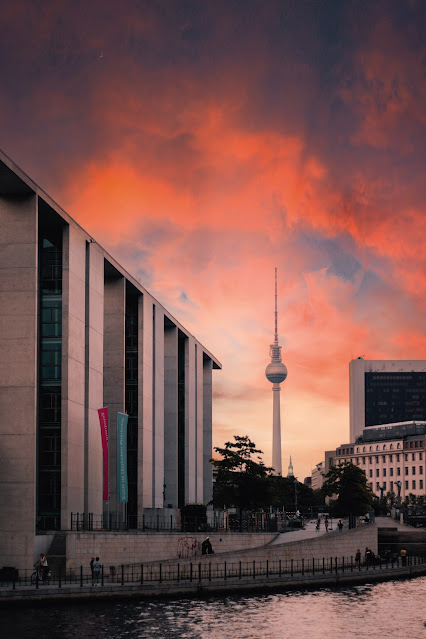Germany is implementing several restrictions to reduce energy consumption across the country due to rising energy costs and declining Russian oil and gas supplies.
Fuel and public transportation expenses soared in Germany on September 1st, when government endowments expired. The cost of combustible gas — which a large portion of all families use for heating — and power has risen, and growing inflation impacts food prices.
The public authority is attempting to urge customers and organizations to save energy however they can to forestall a lack throughout the cold weather for a long time as Russia keeps on lessening streams of flammable gas to Germany.
Retail locations may never again keep their entryways open over the day to diminish power utilization for cooling when it is hot outside — and for warming on chilly cold weather days.
From now on, promotional lighting should be turned off after 10 p.m. Only in those cases when lights serve traffic security do they remain turned on, like at railroad underpasses. Streetlights additionally stay on, and store windows might keep on being lights on.
Landmarks and different structures may only be enlightened during the evening time. Be that as it may, crisis lighting won't be turned off, and enlightenment is allowed for far-reaching developments and public celebrations.
In open structures, lobbies and halls will commonly, at this point, not be warmed, and the temperature in workplaces will be restricted to a limit of 19 degrees Celsius. Where weighty actual work is performed, temperatures will be even lower from now on.
The limitations don't make a difference to social offices, for example, medical clinics, childcare focuses, and schools, where higher air temperatures are fundamental.
Moreover, quick water warmers or boiling water tanks in open structures should be turned off, assuming they are mainly used for washing hands. Exemptions are made for clinical offices, schools, and childcare premises. A few urban communities go much further.
There, the showers in pools and sports corridors will stay unheated. Commercial pools may, at this point, not be warmed with gas and power, aside from therapy clinics, sporting offices, and lodgings.
To avoid gas shortages caused by a lack of Russian gas supplies, EU members have concentrated on reducing their gas use by 15%. In Germany, the reduced objective has been set at 20%.
